UK: Labour suffers big local losses
Labour is on course to suffer its worst performance in at least 40 years in the local elections in England and Wales.
Friday, 02.05.2008.
09:48

Labour is on course to suffer its worst performance in at least 40 years in the local elections in England and Wales. BBC research suggests the party has fallen into third place nationally with 24% of votes, with the Conservatives on 44% and Lib Dems on 25%. UK: Labour suffers big local losses So far Labour has lost more than 160 seats with the Tories gaining 147. Conservative leader David Cameron called it a "big moment". Labour's chief whip Geoff Hoon insisted there was "no crisis" for Gordon Brown. The margin is similar to the drubbing received by Tory Prime Minister John Major in council elections in 1995, two years before he was ejected from Downing Street by Tony Blair. Elections expert John Curtice, of Strathclyde University, said: "It looks quite possible that by the time all the results are declared some time on Friday afternoon, Labour will have suffered at least 200 net losses, widely regarded before polling day as the worst possible outcome that could befall the party." So far the Tories have a net increase of more than 140 councilors and a 4% higher share of the national vote than at last year's local polls. Such a share in a general election would have the potential to give the party a Commons majority of 138. Shadow foreign secretary William Hague said: "These are exceptional results and this could be the lowest Labour share of the vote in the modern history of local elections¿ This is a big step forward." The Tories have gained control of several councils including Southampton, Bury, Harlow and Maidstone. BBC analysis suggests Labour's vote appears to have fallen most heavily in its traditional heartlands - confirming MPs' fears the 10p tax row has damaged their core support. Ministers were trying to put a brave face on the results and pledging to listen to voters' concerns. Olympics Minister Tessa Jowell said: "Nobody is going to pretend this is our greatest night. "Generally I think that we would recognize that these elections have been conducted in the context of people feeling exposed and feeling anxious about the state of the economy and its impact on them." Hoon said: "There's no crisis. This isn't something that's going to affect the fundamental stability of the government. "We have to go on making the difficult decisions the country requires." Former Lib Dem leader Charles Kennedy said he hoped for a "solid" set of results, adding: "It is not impossible because Labour I think are in very great difficulty." Deputy leader Vince Cable said: "The important thing is that we've beaten Labour into third place." More than 4,000 seats on 159 councils were up for grabs in Thursday's elections, as well as the London mayoralty and assembly. All seats are up for election in the 22 Welsh unitary authorities. The London mayoral result, due on Friday evening, looks extremely close, following a grueling contest between Conservative Boris Johnson and Labour incumbent Ken Livingstone. Their fate, along with that of Lib Dem contender Brian Paddick, will be closely watched for signs of how popular their parties are nationally. Meanwhile, a BBC opinion poll suggests Tory leader David Cameron is seen as more effective than Brown or Clegg. Of 1,005 people who took part in the poll, 68% said Cameron was an asset to his party, compared with 43% for Clegg and 42% for Brown. Brown's reputation for economic competence has also taken a blow. At this time last year 48% said that Labour could be trusted to run the country's economy, little different from the 53% who did so in 2002. But this year the figure has fallen to 32%. However, only 36% said they trust the Conservatives to run the economy - 10 points down on last year, and little better than the figure of 32% recorded for the party in 2002.
UK: Labour suffers big local losses
So far Labour has lost more than 160 seats with the Tories gaining 147.Conservative leader David Cameron called it a "big moment". Labour's chief whip Geoff Hoon insisted there was "no crisis" for Gordon Brown.
The margin is similar to the drubbing received by Tory Prime Minister John Major in council elections in 1995, two years before he was ejected from Downing Street by Tony Blair.
Elections expert John Curtice, of Strathclyde University, said: "It looks quite possible that by the time all the results are declared some time on Friday afternoon, Labour will have suffered at least 200 net losses, widely regarded before polling day as the worst possible outcome that could befall the party."
So far the Tories have a net increase of more than 140 councilors and a 4% higher share of the national vote than at last year's local polls.
Such a share in a general election would have the potential to give the party a Commons majority of 138.
Shadow foreign secretary William Hague said: "These are exceptional results and this could be the lowest Labour share of the vote in the modern history of local elections¿ This is a big step forward."
The Tories have gained control of several councils including Southampton, Bury, Harlow and Maidstone.
BBC analysis suggests Labour's vote appears to have fallen most heavily in its traditional heartlands - confirming MPs' fears the 10p tax row has damaged their core support.
Ministers were trying to put a brave face on the results and pledging to listen to voters' concerns.
Olympics Minister Tessa Jowell said: "Nobody is going to pretend this is our greatest night.
"Generally I think that we would recognize that these elections have been conducted in the context of people feeling exposed and feeling anxious about the state of the economy and its impact on them."
Hoon said: "There's no crisis. This isn't something that's going to affect the fundamental stability of the government.
"We have to go on making the difficult decisions the country requires."
Former Lib Dem leader Charles Kennedy said he hoped for a "solid" set of results, adding: "It is not impossible because Labour I think are in very great difficulty."
Deputy leader Vince Cable said: "The important thing is that we've beaten Labour into third place."
More than 4,000 seats on 159 councils were up for grabs in Thursday's elections, as well as the London mayoralty and assembly.
All seats are up for election in the 22 Welsh unitary authorities.
The London mayoral result, due on Friday evening, looks extremely close, following a grueling contest between Conservative Boris Johnson and Labour incumbent Ken Livingstone.
Their fate, along with that of Lib Dem contender Brian Paddick, will be closely watched for signs of how popular their parties are nationally.
Meanwhile, a BBC opinion poll suggests Tory leader David Cameron is seen as more effective than Brown or Clegg.
Of 1,005 people who took part in the poll, 68% said Cameron was an asset to his party, compared with 43% for Clegg and 42% for Brown.
Brown's reputation for economic competence has also taken a blow.
At this time last year 48% said that Labour could be trusted to run the country's economy, little different from the 53% who did so in 2002. But this year the figure has fallen to 32%.
However, only 36% said they trust the Conservatives to run the economy - 10 points down on last year, and little better than the figure of 32% recorded for the party in 2002.



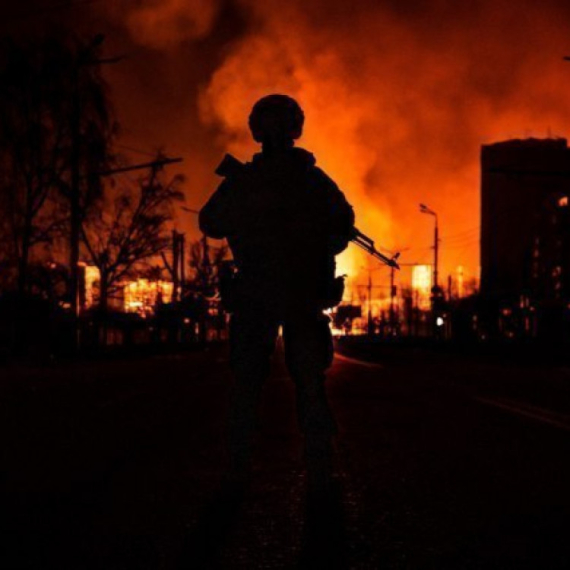

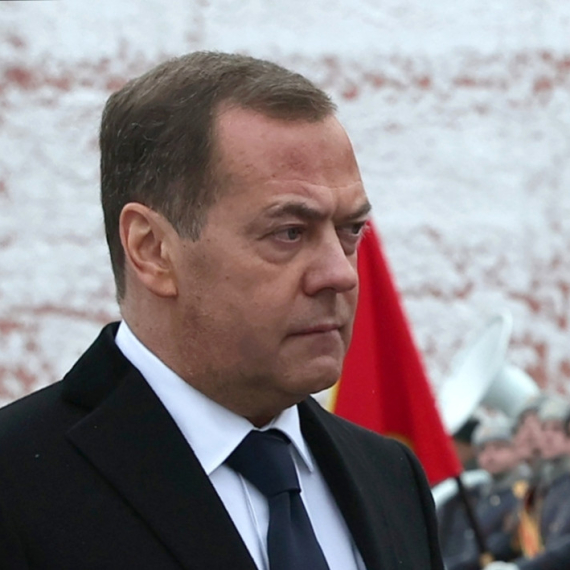









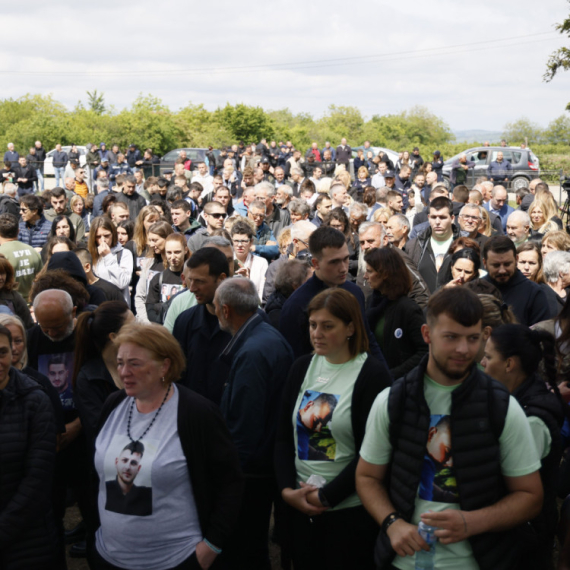

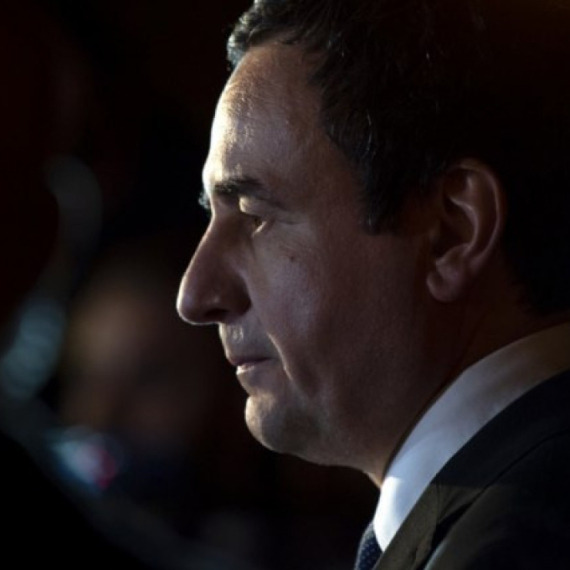



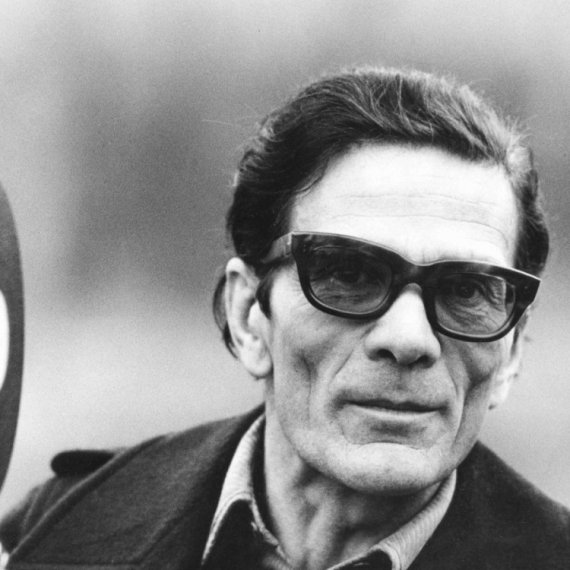









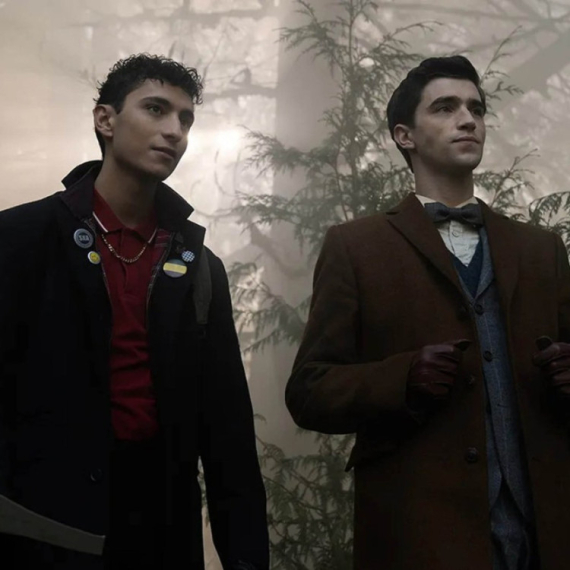






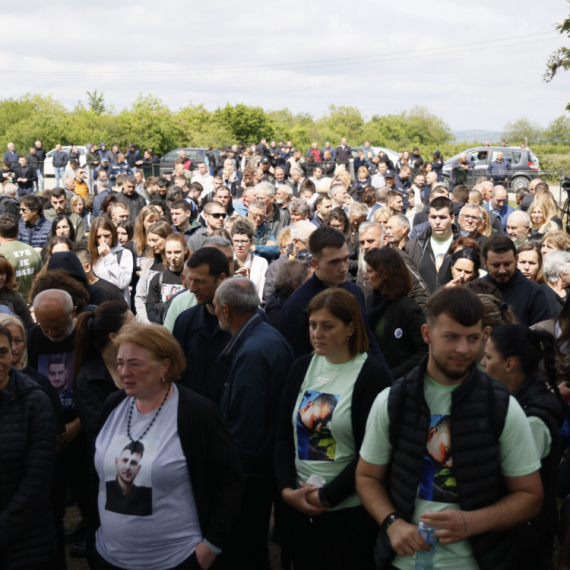

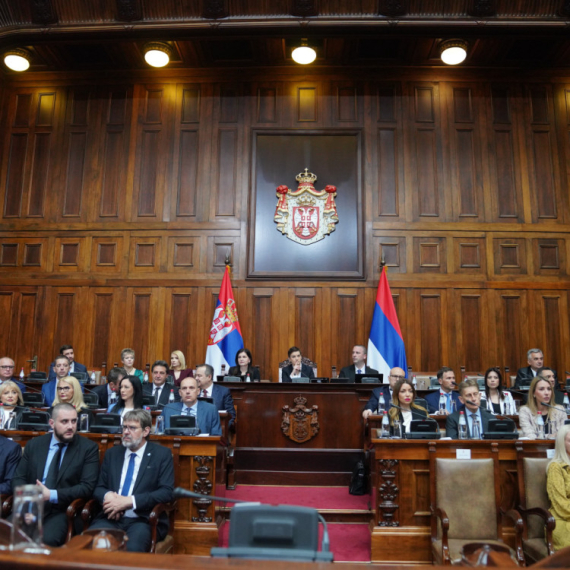


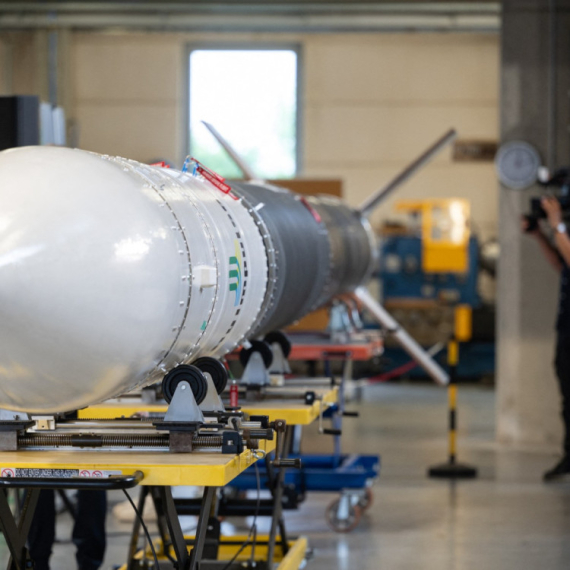













Komentari 0